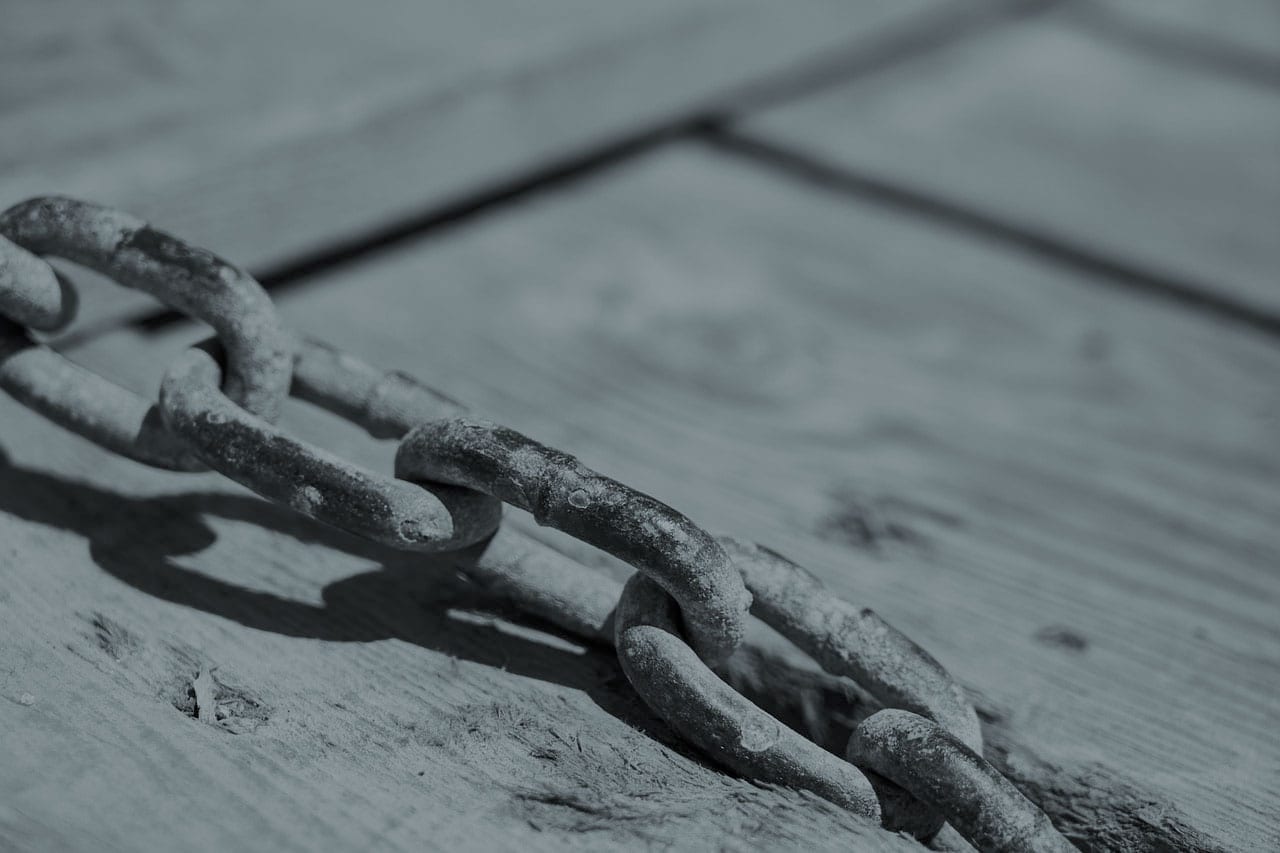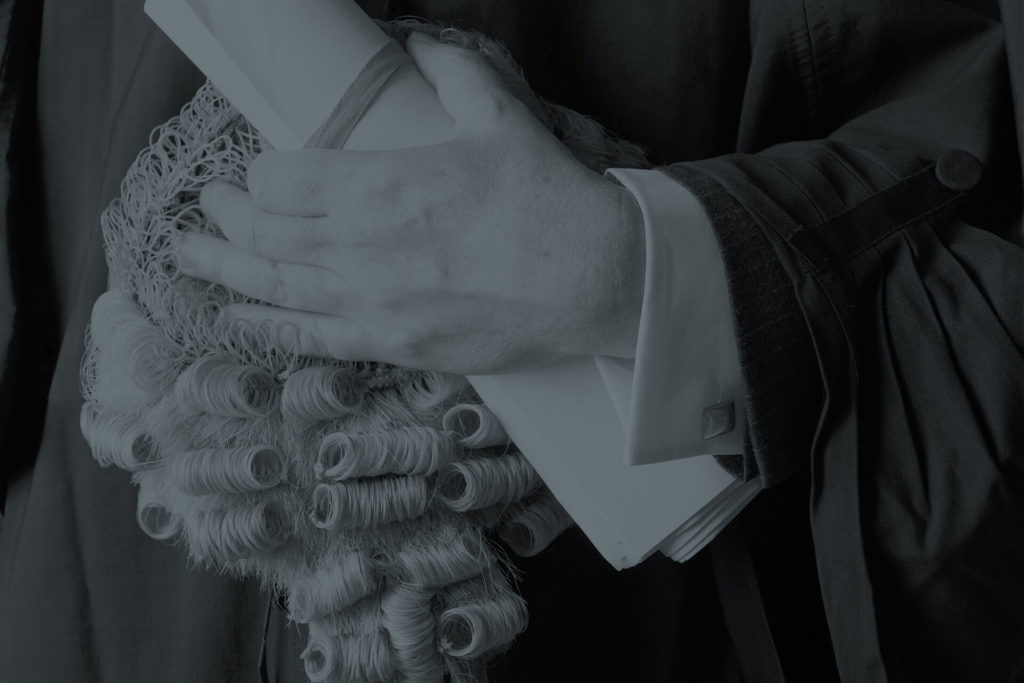Send your enquiry.
Contact us for a free, initial no obligation consultation.
"*" indicates required fields
Your information is safe and treated in accordance with our Privacy Policy
New sentencing guidelines have been published for four offences under the Modern Slavery Act 2015. The guidelines have been updated following an increasing number of cases coming before the courts.
Crime solicitors – England and Wales
Have you been charged with a criminal offence? We understand that this is a frightening time, but there is help available. Contact us at Ashmans Solicitors for free legal advice. Our criminal defence solicitors can represent you throughout proceedings. We are available to take your call 24 hours a day, 7 days a week. We also offer free police station representation.
Modern slavery – what are the new sentencing guidelines?
The Sentencing Council has developed new sentencing guidelines for adults convicted under the Modern Slavery Act 2015. These will come into effect on 1 October 2021. The changes relate to four offences in particular, which are:
- Holding someone in slavery (section 1)
- Human trafficking (section 2)
- Committing an offence with the intention of committing a human trafficking offence (section 4)
- Breach of a slavery and trafficking prevention order, or a slavery and trafficking risk order (section 30)
Holding someone in slavery and human trafficking
The offences of holding someone in slavery and human trafficking are often sentenced together. The Sentencing Council has therefore decided to produce one guideline to cover both offences.
The most serious cases carry a maximum penalty of 18 years’ imprisonment for offenders who played a leading role, with a substantial financial gain, and who exposed victims to a high risk of death.
Under the new guidelines, an offender’s culpability will increase if threats were made to the victim or their family. This also applies if the offender had an expectation of substantial financial gain and material advantage.
Harm can be assessed in various ways, including expert evidence based on factual evidence from the victim. However, the courts are asked to remember that victims may not be obviously traumatised, as they may not recognise their own victimhood. If the victim is said to have consented, then this should be treated with caution. Sentencers should not assume that the absence of evidence from those trafficked means a lack of harm or seriousness.
Committing an offence with the intention of committing a human trafficking offence
This offence carries a maximum sentence of 10 years’ imprisonment. When deciding on a sentence, the court should begin with the appropriate sentence for kidnap or false imprisonment. An additional two years’ imprisonment should then be added to reflect the intention to commit human trafficking.
Breach of a slavery and trafficking prevention order, or a slavery and trafficking risk order
The new sentencing guidelines say such breaches should be treated in the same way as breaches of criminal behaviour orders or sexual harm prevention orders.
More On Modern Slavery
Crimes as a Result of Slavery or Exploitation
Modern Slavery as a Defence in Criminal Proceedings
Tougher Laws for Illegal Immigration
Criminal law solicitors – England and Wales
If you have been accused of modern slavery offences, you need to speak to an experienced modern slavery solicitors.
Call us on 0333 009 6275. We are available 24 hours a day, 7 days a week.
You can also email us at enquiries@ashmanssolicitors.com or complete our Free Online Enquiry Form and we will contact you.




